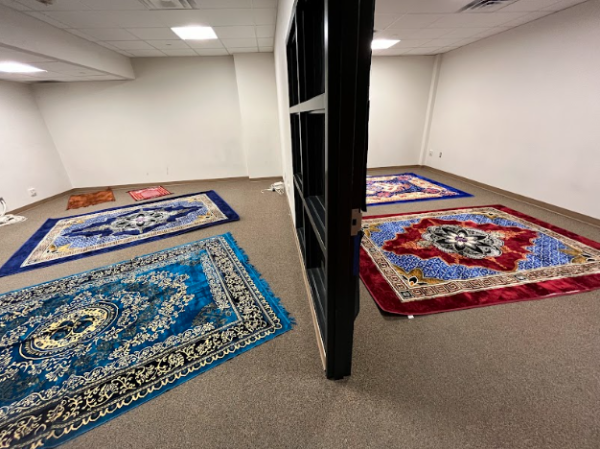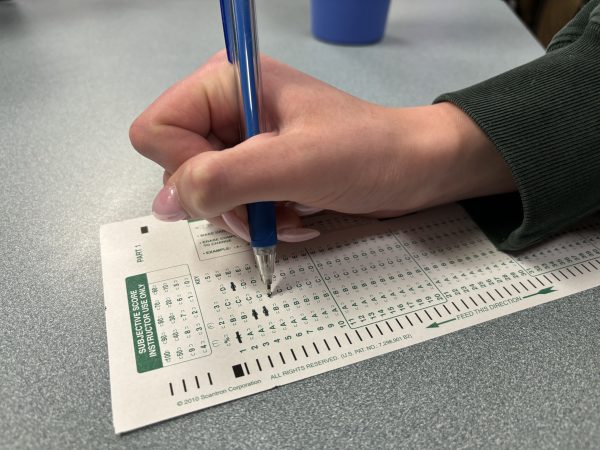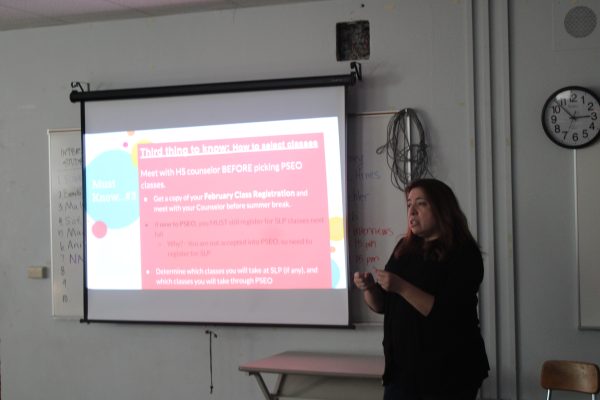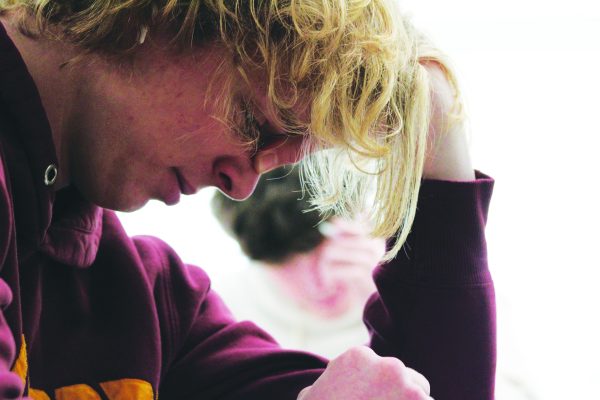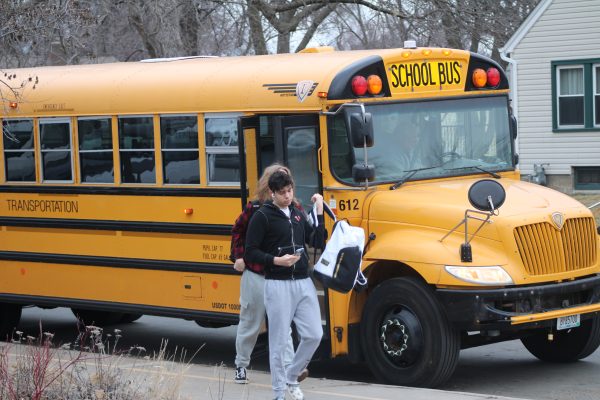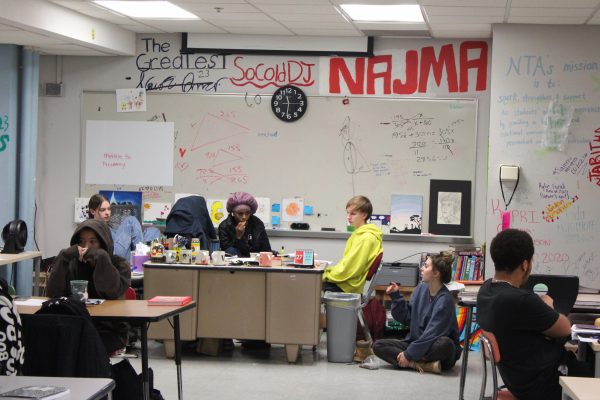News sources impact viewers
Unreliable sites pose danger to readers
January 10, 2017
While scrolling through her Twitter timeline, sophomore Caitlin Arf notices her peers often retweet articles lacking factual accuracy and recognizes the issues this poses.
“Especially with politics, (fake news) can spread opinions or ‘facts’ that aren’t fact, and then people will base their actions on it,” Arf said.
Digital projects editor of the Star Tribune Matt DeLong advises students to read seemingly suspicious articles critically, especially when online.
“When you are reading something, look at it with a critical eye,” DeLong said. “Does it seem like something that is plausible or something that is kind of out there?”
According to DeLong, telling a reliable news source from a questionable source is subjective, but there are some regularly reliable places to start.
“Generally there are local and regional news sources of record that have basically staked their reputation on providing factual information and pretty much their word is all they have. People know them and they have a relationship with the community, there is a history there,” DeLong said. “A website that you’ve never seen before, it probably has some weird name that doesn’t really tell you what they are, that should be a red flag.”
When reading something that does not seem to make sense, DeLong said students can fact check a story by looking at local news.
“If a story you suspect to be fake is taking place in other locality like Florida, see what the Florida press is saying about it,” DeLong said.
Arf said one way students can help each other by looking deeper into articles that don’t always add up instead of sharing questionable articles.
“Before acting on (a possibly fake article) or telling people about it, research it at least a little,” Arf said.
DeLong said many fake news stories work to make readers feel something strongly, but lack factual evidence.
“I think a lot of fake news stories will appeal to your emotions and kind of cover up that they don’t really have facts to back up what they are claiming,” DeLong said. “Ask yourself, is this framed in a way that is designed to make you feel something, rather than make you understand something or to provide real information. A lot of fake news articles will be framed in a way, in particular, to make you mad.”
Junior Abdul Koroma says fake news isn’t just a prank and warns students of the repercussions.
“There’s no way (fake news) could be funny. (Maybe) if it’s meant for a joke, but even then it could ruin someone’s reputation and could end up hurting their future,” Koroma said.
According to DeLong, in today’s political climate, few agree on what the truth is and that creates a problem. Readers must be critical of every story they come across because of that.
“It is very dangerous for democracy if we can’t (agree), like how do you solve a problem if you can’t even agree what the problem is or if it’s even a problem because people reject the consensus findings,” DeLong said.
DeLong said viewers must decide whether or not mainstream media sources, like Fox News or CNN, tell you the truth, because they bounce between fact and opinion so often.
“I think it doesn’t do a great service to the conversation taking place in this country. You have to pay attention to what is said and who is saying it and evaluate whether they have an agenda,” DeLong said. “I think ultimately this right versus left model of arguing on TV is not the most informative way to present the news. It’s a real challenge for a lot of people.”
According to Koroma, news sources can really work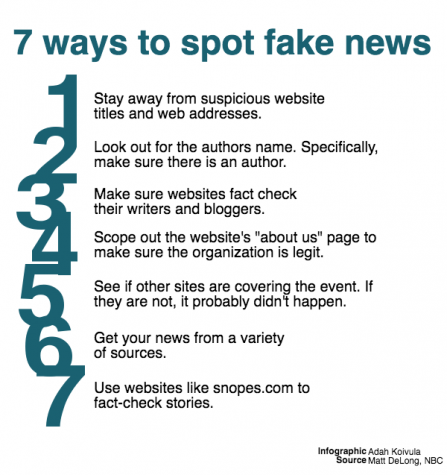 against the people by being unreliable.
against the people by being unreliable.
“(News sites) could deceive people into thinking something that isn’t true. It could hurt (someone’s) image,” Koroma said.
DeLong said it is crucial for high school students to be very picky about what they share, particularly on facebook.
“A lot of people
have a tendency if they see something kind of shocking or over the top online they tend to share it first and then read it later and I think you should never do that,” DeLong said. “A lot of times people with agendas will put something out there with the most sensational phrasing out there but when you actually read it it doesn’t quite deliver the goods.”
According to DeLong, if articles online do not seem realistic or plausible, the best way to fact-check them is by doing research yourself.
“Do a little leg work and confirm the information that is in there. It shouldn’t take too long to verify something. If it doesn’t turn out to be true, even if it makes you feel good or it backs up your preconceived notions, then don’t share it,” DeLong said.
DeLong said there are many fact checking sites online, such as snopes.com, that help prove or debunk stories.
“Be aware that there are resources that you can turn to if you have any questions,” DeLong said. “I think it’s very important that we try to be a bit more aggressive in not spreading this stuff around because it can be dangerous.”





